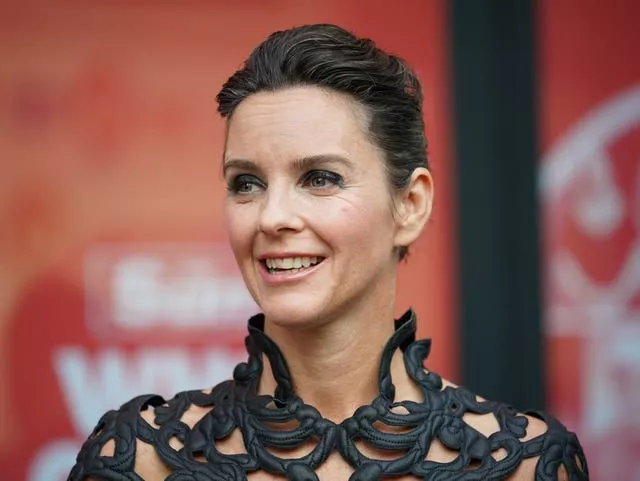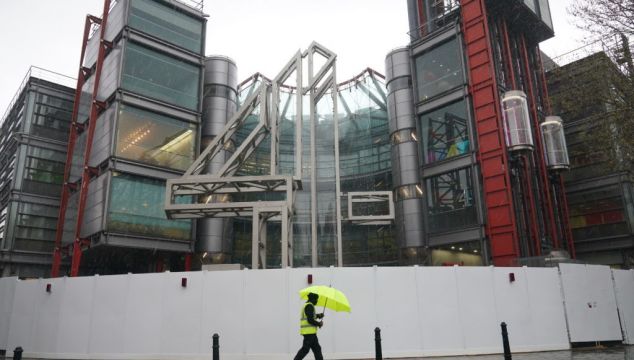Channel 4 plans to move out of its London HQ and make hundreds of staff redundant.
The broadcaster has outlined, under its five-year digital-first strategy, that the Horseferry Road building would be closed and a new office space found in the centre of the city.
It has previously committed to 600 roles being moved outside of London by the end of 2025.
On Monday, Channel 4 revealed the Fast Forward strategy, which also includes axing the small linear channels such as music video station The Box and others, the broadcaster said.
Under the plans, headcount will be similar to 2021 levels by reducing current roles by 18 per cent – by making around 200 staff redundant and axing around 40 unfilled roles – and Channel 4 says 70 per cent of proposed role closures would be from legacy operations staffing.
Across 2022, more than 500 staff joined the broadcaster, taking the total number of full-time employees to just under 1,200.
Channel 4 chief executive Alex Mahon said: “While getting ourselves into the right shape for the future is without doubt the right action to take, it does involve making difficult decisions.
“I am very sad that some of our excellent colleagues will lose their jobs because of the changes ahead.
“But the reality of the rapid downshift in the UK economy and advertising market demand that we must change structurally.
“As we shift our centre of gravity from linear to digital, our proposals will focus cost reductions on legacy activity. In preparing for a new digital-first future, I hope we can make Channel 4 simpler – for staff and our suppliers – and create a more efficient, inclusive and high-performing organisation.”

Last year, Ms Mahon and other top Channel 4 bosses declined a pay rise and deferred their bonuses.
As part of efforts to reduce costs, a small number of programmes – such as reality show SAS: Who Dares Wins and talk show Steph’s Packed Lunch – have been cancelled.
Channel 4’s commissioning team would also be reorganised to drive more streaming content and there will be more focus on drama, high-end documentaries, comedy and reality, under the plans.
The Fast Forward strategy aims to increase digital revenue to 30 per cent in 2024 and 50 per cent by 2030.
Digital revenues accounted for 27 per cent of total revenues last year and non-advertising revenues, which include partnerships and film revenues, have risen to make up 10 per cent of the total income.







